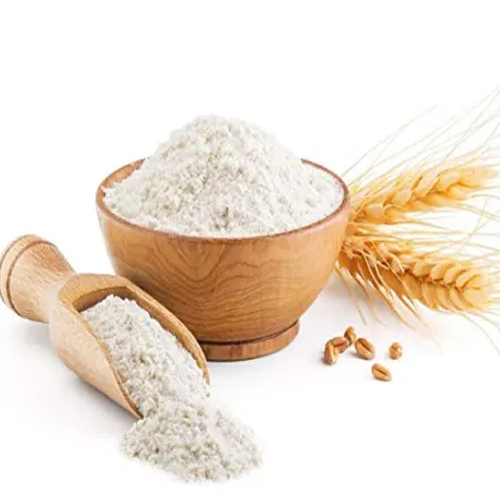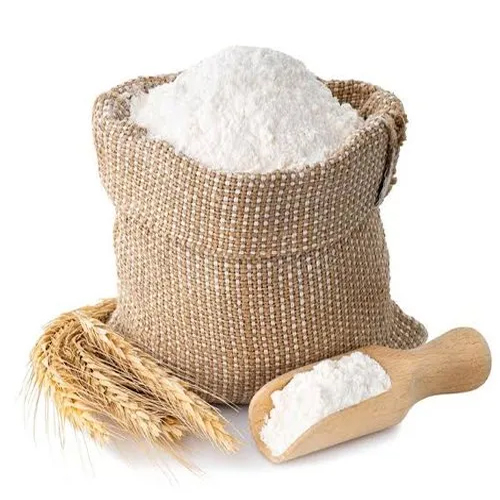Wheat Flour
Wheat Flour
Wheat flour is one of the most commonly used ingredients in kitchens around the world, valued for its versatility, nutritional benefits, and wide range of applications. It is made by grinding wheat grains and is available in different types based on the part of the grain used and the degree of refinement—such as whole wheat flour, all-purpose flour, and refined white flour. Rich in carbohydrates, fiber, and essential nutrients like iron, magnesium, and B vitamins, wheat flour plays a key role in a balanced diet. It serves as a foundational ingredient in baking and cooking, used to prepare breads, chapatis, cakes, pastries, and various snacks. Whole wheat flour, in particular, is preferred for its higher fiber content and health benefits. In both traditional and modern cuisines, wheat flour remains a staple, offering a perfect combination of taste, texture, and nutrition. xx
Benefits:
| Rich Source of Energy – Provides complex carbohydrates that offer sustained energy throughout the da |
| High in Fiber – Especially whole wheat flour helps improve digestion and prevents constipation. |
| Supports Heart Health – Whole wheat flour can help lower cholesterol and reduce the risk of heart di |
| Boosts Immunity – Contains essential nutrients like zinc and magnesium that support the immune syste |
| Improves Metabolism – B vitamins present in wheat flour help convert food into energy efficiently. |
| Promotes Healthy Skin and Hair – Nutrients like vitamin E and selenium in wheat flour contribute to |
| Regulates Blood Sugar Levels – The slow digestion of complex carbs helps maintain stable blood sugar |




